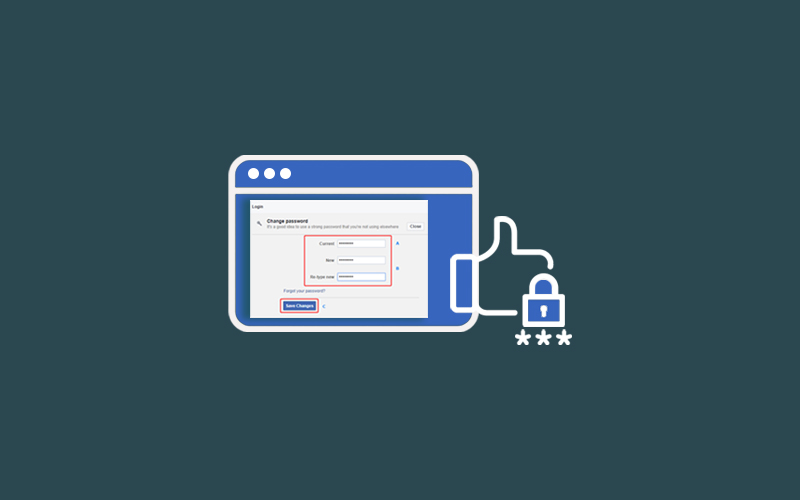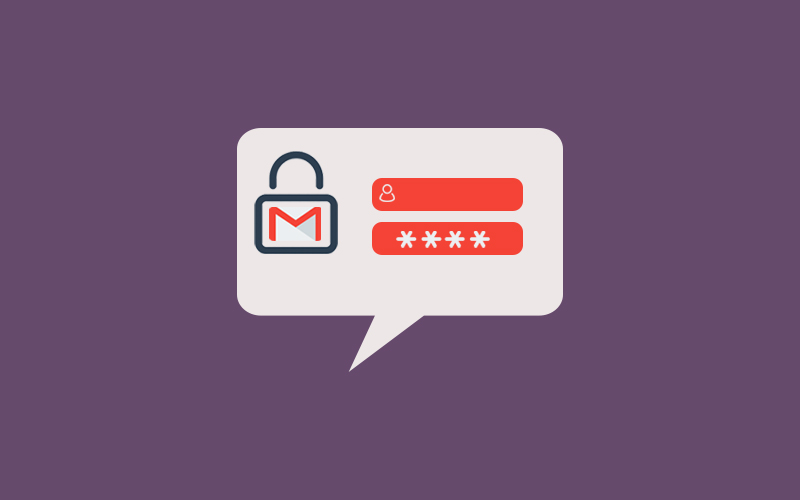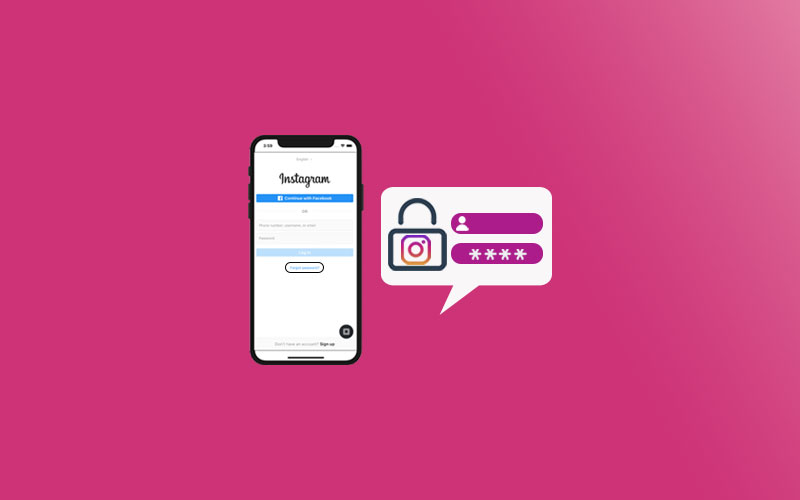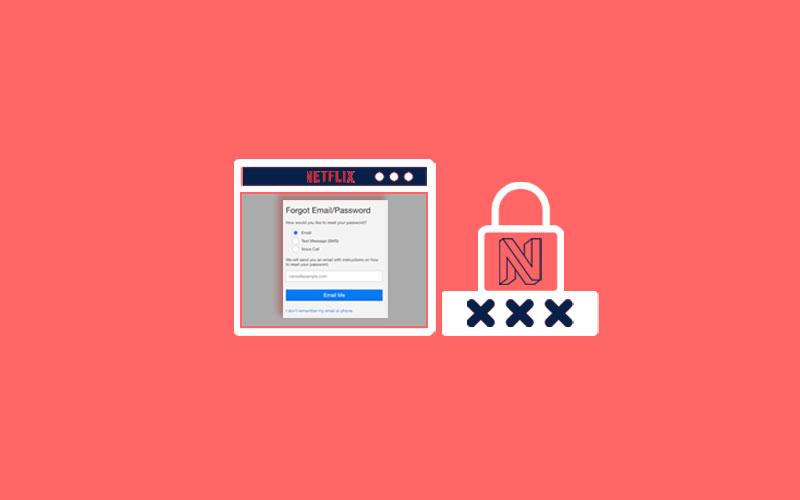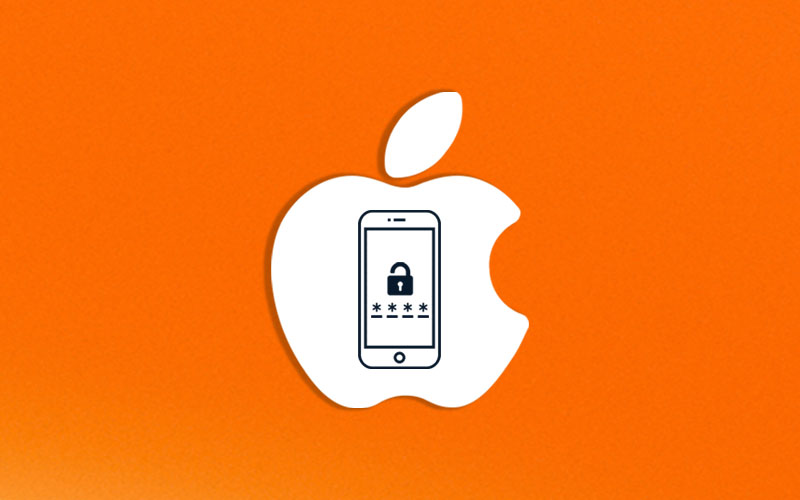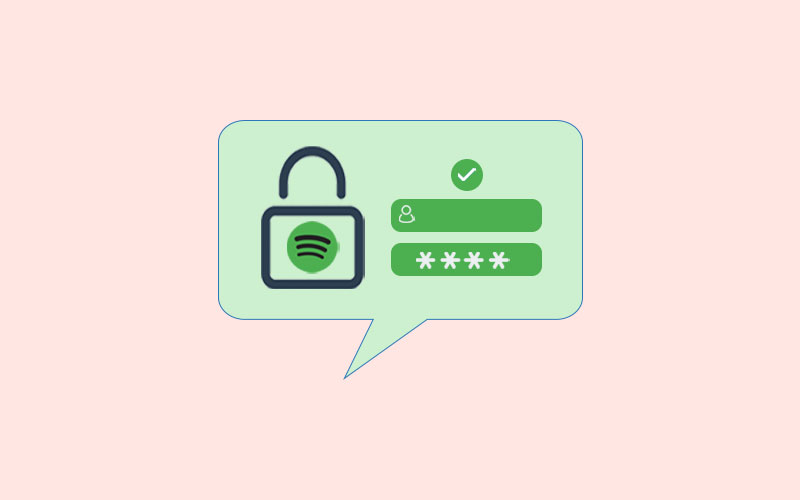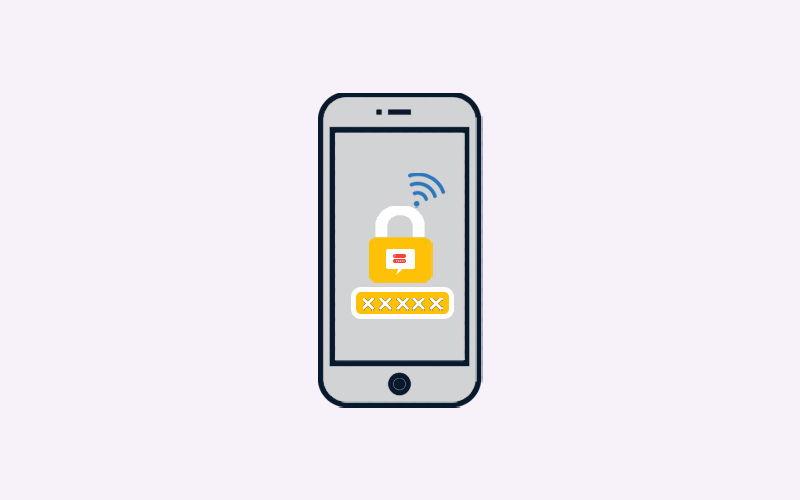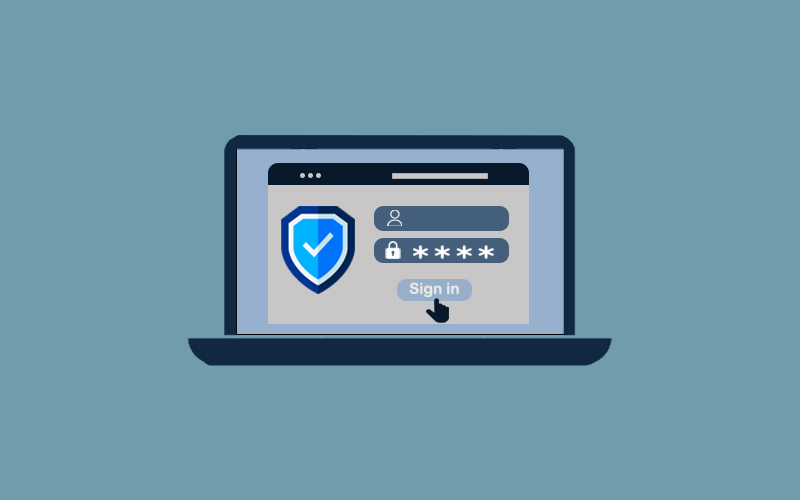How to Remember Passwords
Being a common human being, it is really difficult to remember all passwords you use for your system and online accounts. And when you forget them, you may lose all your data and access to the accounts. Resetting passwords cannot be a good solution every time you forget your password; therefore, we bring this effective guide to delete the barrier of forgetting or losing passwords.
In this article, we will discuss how to remember passwords. I hope these few ways will help you to remember and secure passwords always. Read on.
5 Ways to Remember Password
There can be various ways to remember your password but I don’t think that all those ways are safe and secure. Keeping your password safe and secure is a task and it’s important for you to choose the right way to remember your password. Watch out for the 5 best ways to remember passwords below:
- Memorize Password and Reuse Them
- Write Down Password on Paper
- Create a Sheet
- Make Combinations
- Password Managers
Memorize Your Password and Reuse Them
This is one of the best methods to remember your password on your own to keep it secure and safe for so long. Memorizing your passwords means your password will stay only in your mind and that’s how no one can steal your password from you. But, this is the exact barrier arise when it comes to memorizing various password at one time. It is really difficult to remember each password if you’re using more than 50 passwords for different accounts or more. Therefore, one trick is still in the basket is reusing the password. However, we do not recommend you reuse passwords multiple times.
Especially if it is about some confidential information, make sure you do not reuse the password; otherwise, one breach leads to multiple breaches. Reusing a password helps you to remember the password for multiple accounts, but it can be dangerous as well. Before you reuse the password, think twice that how important the information is for you.
Write down Password on Paper
This method cannot be said that this is an insecure method, if it is used in a better way, it can be more helpful. It has been seen that more than 39% of users write down the password on paper in order to remember the password for a long time. That means, writing down the password on paper isn’t a bad thing, especially if your password is genuinely random and long, then it’s better than combining memory and reuse the passwords.
When you write down the password on paper make sure you do not keep the paper anywhere, it should be kept in a safe and secure place and away from the wrong hands. Use your mind and try to write your password as a hint or in a unique way that you only can recognize, so that, in case, it goes into the wrong hand, it cannot be easy to crack for them.
Create a Sheet
Your computer is also a safe place to store your passwords especially when your computer is virus free. Don’t know if your computer is virus free or not, then use Waredot antivirus scanner and scan your computer and find if your computer has virus. Waredot antivirus can also remove the virus from your system immediately, in case, it founds any.
List all passwords into the excel sheet and encrypt them with a password so that other than you, no one else can check the password file. Additionally, if you use Waredot antivirus software, your pc will be free from hacker’s catches and your password file will secure on your computer.
Make Combinations
Whether you store your password on paper, on a sheet, or anywhere else, try to write your password into combinations. When you make a combination of your password, it becomes difficult for others to guess what the exact password is. But, make sure that you make such a combination that you can remember. For example, you can make the password combination of numbers and letters “You are mine only” e.g., urmi90ly.
Password combination makes password a little bit difficult to guess and therefore, make such combination that you can relate with, so that, you can remember it for always.
Password Managers
Last but not the least, password managers are one of the top secure password platforms where you even don’t need to remember your password because it remembers all passwords. Password manager manages all passwords into the application and if you want, it can automatically fill up the password into the websites and accounts you visit online.
Password managers are password encrypted so that no one else can hack your password. It means, if you want to access your password manager, you need to enter your administrative password or login screen password to open the password list in a Password manager. Windows and Mac both have their own password managers and both are secure.
How to secure my account if someone knows my password
What you will do if your password gets reveal or someone already knows your password?
In this condition, we recommend enabling the 2FA authentication. Two-factor authentication prevents your account from unauthorized access and needs more than a password in order to access your account or information. Two-Factor Authentication sent a code on your mobile number or email id in order to verify it’s you. It means, even if someone enters the password to access your account, they will need the code as well to open your account. As soon as someone tries to enter into your account, 2FA authentication texts you a code and you will notify that someone tries to get into your account, and immediately you can take action such as changing the password. That’s how Two-Factor authentication helps you to secure your account even if someone knows your password.
Summary
Hey guys! This was the guide about “how to remember passwords.” In this article, we have discussed 5 ways to remember passwords. If you also feel difficult to memorize the password, I hope this guide would give some fruitful suggestions to store your password secure for always. However, it is recommended that you should change your password within 30 days.
Hope you find this article helpful and informative. If you’ve still any queries regarding this article, please let us know in the comment section.



